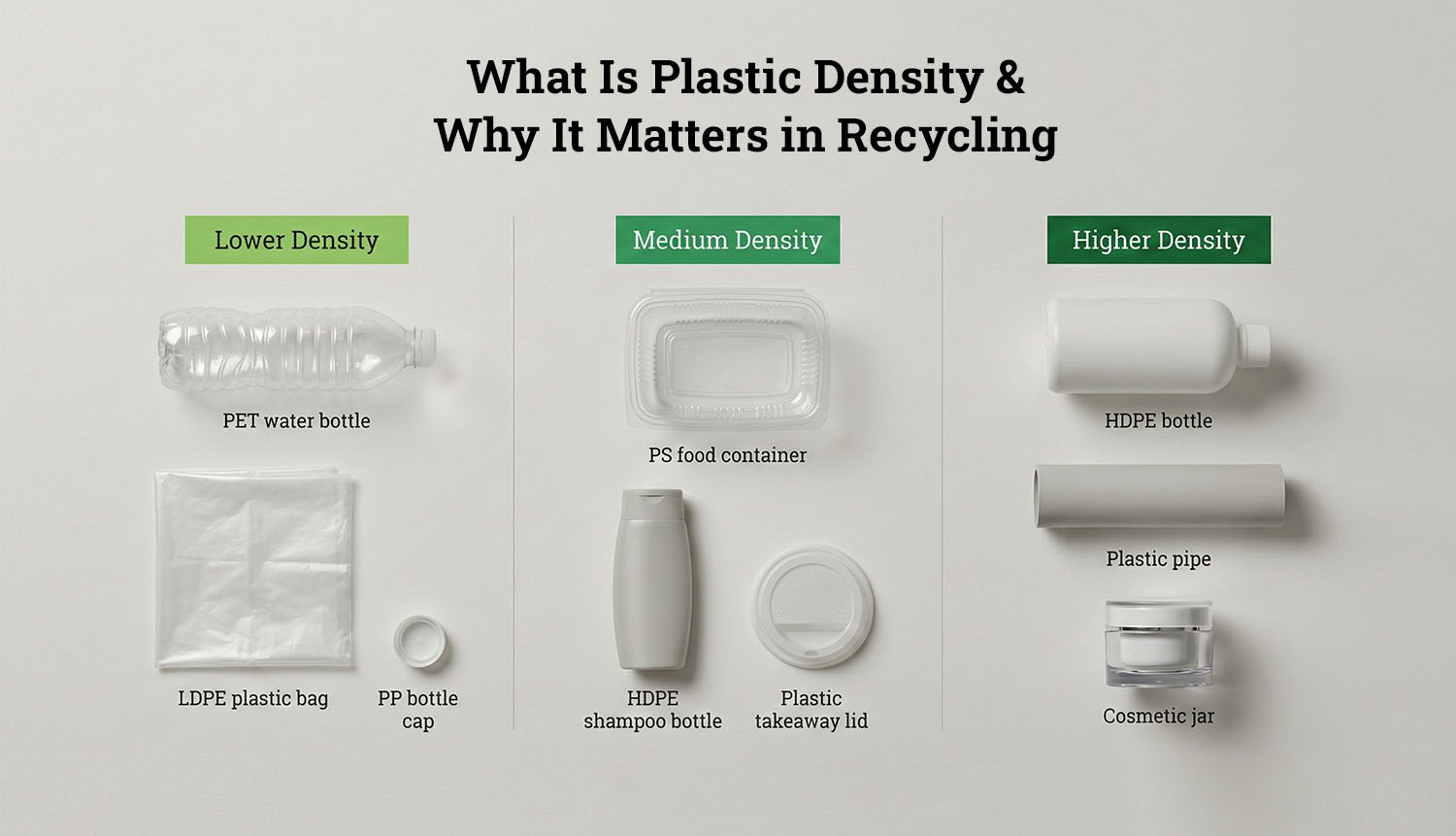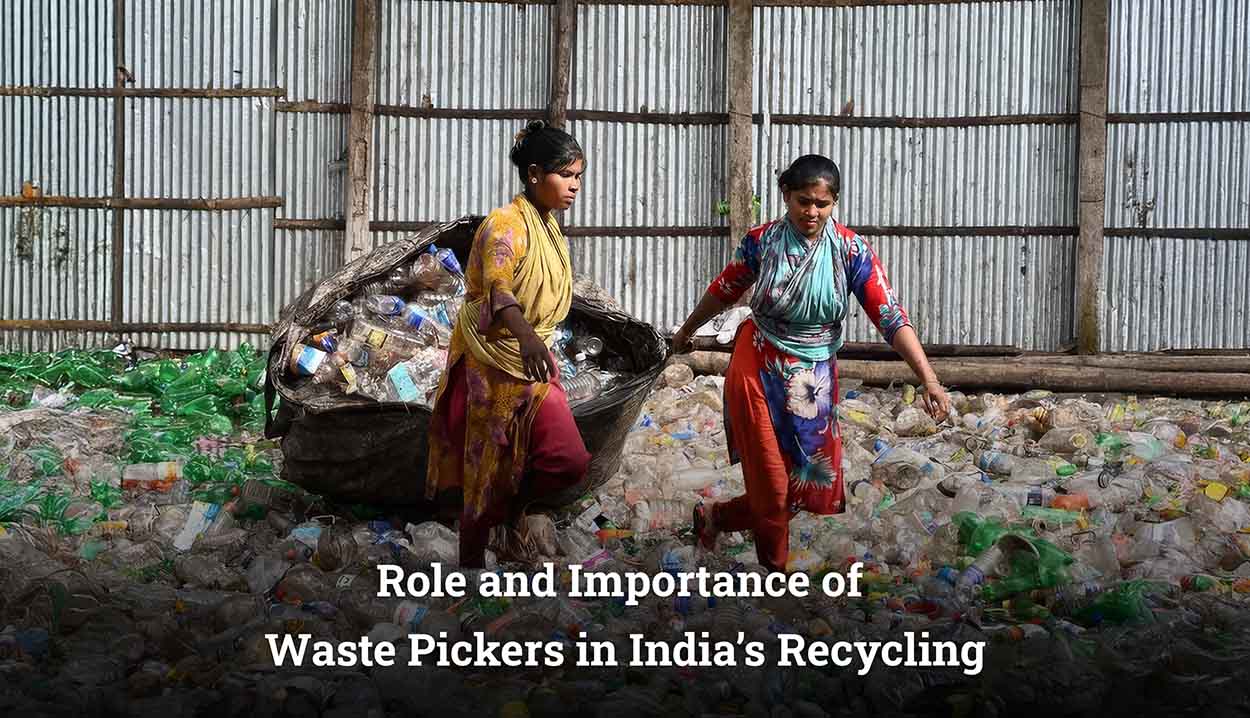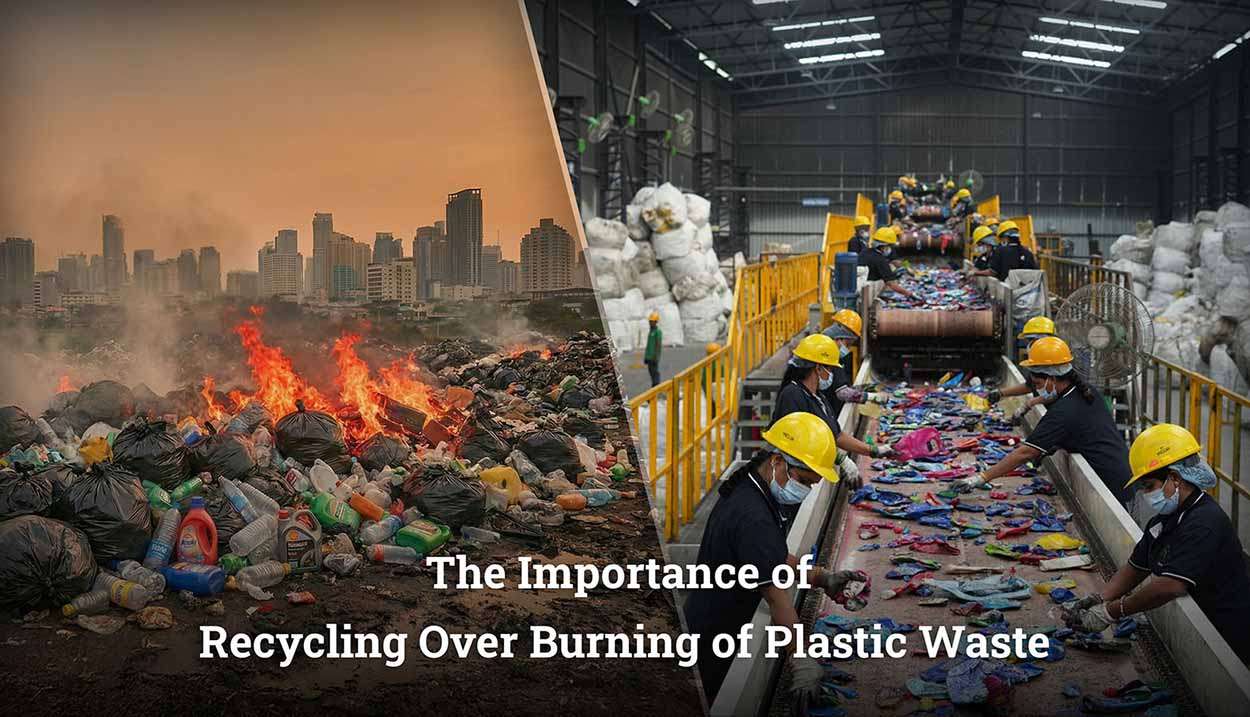The ever-changing landscape of environmental compliance and plastic waste management in India has made the acquisition of CPCB EPR credits an indispensable step for the businesses. With the sustainability laws becoming stringent, especially in the plastic packaging sector, the Central Pollution Control Board (CPCB) has initiated and enforced the Extended Producer Responsibility (EPR) frameworks which are obligatory for plastic manufacturers, importers, and brand owners (PIBOs) to comply with. The CPCB EPR authorization is not just a bureaucratic requirement; it is a breakthrough that enables the companies to enter an eco-friendly model, avoid penalties, and build trust with customers.
Every year plastic waste being thrown out continues to increase which in turn causes more severe pollution of terrestrial and aquatic environments. With the environmental laws being more and more restrictive, the companies must prove that they are involved in the recovery and recycling of the plastic they put into the market. This is where CPCB EPR plastic compliance comes in as a game-changer. Businesses are able to sign up on the CPCB EPR portal, oversee their obligations, and manage their credits efficiently. This digitization leads to better transparency, accountability, and audit readiness, making it easy for the companies to show compliance and environmental stewardship.
CPCB's Role in Managing EPR Credits
The CPCB EPR credit framework is run at a national-level which guarantees that companies should also be responsible for the plastic waste they produce even after it is consumed and discarded. To simplify this the CPCB EPR portal was created as a central digital platform through which businesses can:
- Register as PIBOs (Producers, Importers, Brand Owners) with the notified guidelines
- Submit their plastic waste generation and recycling data
- Track their EPR credit performance
- Work with the registered plastic waste processors
The platform administers a complete system for transparency, accountability, and the enabling of regulatory bodies for real-time monitoring of compliance. The CPCB EPR ecosystem is operated through careful inspections, digital documentation, and real-time reporting mechanisms.
Types of CPCB EPR Credits
The type of EPR credits offered by CPCB varies across waste categories. As per the CPCB’s regulations, different kinds of CPCB EPR plastic credits can be earned considering the type and grade of plastic and the recovery method through the CPCB EPR portal.
Credits offered as the various waste categories are as follows :
1. Plastic Waste
Refers to plastics used for all forms of plastic packaging. PIBOs must ensure collection through recycling or an authorized disposal route. The following are the principal categories of CPCB EPR credits for plastic packaging that can be acquired:
- Rigid Plastic Packaging – Category I
- Flexible Plastic Packaging – Category II
- Multi-layered Plastic Packaging – Category III
- Compostable Plastics – Category IV
- Biodegradable Plastics – Category V
2. E-Waste
E-waste credits incorporates gadgets such as mobile phones, laptops, and appliances. Producers are responsible for the collection as well as the safe recycling of devices.
Tyre Waste
EPR Credits for tyre waste is essential for tyre manufacturers, importers and recyclers. It takes a long time to decompose and references the end-of-life tyres that need to be gathered and recycled or co-processed.
Battery Waste
Battery Waste EPR credits are designed for producers of both lead-acid and lithium batteries. Facilities may require collection and recycling through approved ones.
Firms can diversify their waste management processes through environmental compliance by collaborating with registered processors and recyclers and taking advantage of the above credits that can be tracked through the CPCB EPR portal.
Stakeholders Participating in EPR Credit Management
The ecosystem of EPR CPCB credits engage various stakeholders in its run; they include (though are not limited to):
1. Manufacturers and Importers
Manufacturers and Importers are responsible for verification and for the submission of EPR plans as well as initiating compliance. Manufacturers raw material producers and Importers can include any person or company that imports plastic packaging or commodity for commercial use.
2. Brand Owners
Brand Owners include a company or a person who sells any commodity under a registered brand label or trademark. Responsible for ensuring that the packaging waste of their products are collected and treated.
3. Plastic Waste Processors
Plastic waste processors include both licensed recyclers and co-processors or waste-to-energy providers.
4. Third-party Auditors
Third-party Auditors may help confirm if credit claims are genuine and they check the data provided.
5. Municipal Pollution Control Boards
They connect with CPCB for the local realization and monitoring of the project. Digital EPR Platforms – Platforms that provide the means for waste generators and processors to match, credit management, and reporting.
Every stakeholder ensures that the EPR CPCB credit system functions with integrity, efficiency, and reliability.
Advantages of Using CPCB-Approved EPR Credits
Leveraging CPCB EPR credits offers a wide range of strategic and operational benefits to businesses:
1. Regulatory Compliance
Makes sure you do not incur large penalties and get involved in legal issues along the way through proper disposal of plastic waste.
2. Brand Trust
Being open with the consumers about the production processes not only increases brand awareness
3. Operational Efficiency
The CPCB EPR portal comes with credit tracking and submission for making it streamlined and traceable.
4. Market Access
Verification of responsible sourcing and waste management is now a must for most of the retailers and export markets.
5. Scalability
Enterprises can implement sustainability projects without the need to build new infrastructure by directly buying the credits they want.
6. Audit Readiness
Electronic records generated through the EPR CPCB platform keep businesses ready for inspection visits.
Such benefits make it clear why obtaining CPCB EPR plastic authorization is no longer optional but a strategic business priority.
Why Choose Banyan Nation for EPR Credit Solutions?
Trust, innovation, and traceability must be the major criteria of the companies that are searching for partners to manage their Extended Producer Responsibility obligations. As for the partner of choice, Banyan Nation can support you !
- Seamless integration with the CPCB EPR portal
- Proven partner to leading PIBOs across industries
- Registered with Verra’s plastic waste reduction program to offer plastic credits
- End-to-end support for EPR credit purchases & compliance documentation
- Partnerships with top FMCG brands
- Transparent & CPCB-compliant systems for smooth transactions
- Integration with a network of 10,000 + informal waste collectors and aggregators.
Conclusion
Sustainable plastic waste management can be achieved by first understanding and implementing CPCB EPR plastic authorization. With the implementation of EPR regulations in India and the public becoming increasingly aware of the situation, companies cannot afford to be anything but proactive in addressing the waste management issues. The implementation serves as a reminder of the need for greater accountability.
CPCB’s well-functioning structure, together with the EPRs guidelines and verified processors is a guarantee of quick, clear, and scalable compliance. Businesses are provided with the opportunity to eliminate the risk of being non-compliant, to stay competitive, to align with India’s expanding circular economy, and to boost their credibility by investing in the right mechanisms and working only with trusted processing partners.
As the regulatory ecosystem matures, early adopters of the CPCB EPR system will find themselves better equipped to navigate complexities, build consumer trust, and drive long-term sustainability.
To know more about plastic waste management rules in India, read : Plastic Waste Management Rules in India
FAQ's
How do CPCB EPR credits benefit businesses?
CPCB EPR credits help businesses meet regulatory requirements while reducing their environmental impact. These credits enhance brand value and offer a cost-effective route to meet sustainability goals without heavy infrastructural investments.
What happens if a Business fails to meet CPCB EPR credit requirements?
Failure to comply with CPCB EPR guidelines can lead to penalties. The CPCB has the authority to levy Environmental compensation in cases of non-fulfilment of obligations.Non-compliance can also trigger stricter audits and potential legal consequences.
How can Businesses earn CPCB EPR credits?
Businesses can earn CPCB EPR credits by partnering with authorized recyclers, waste processors. All actions must be documented and reported via the CPCB EPR portal to ensure traceability and validation.
What are the key CPCB EPR guidelines to follow?
Companies must register on the CPCB EPR portal, submit annual reports on plastic usage and recovery, partner with registered processors, and maintain detailed digital documentation for audit readiness.
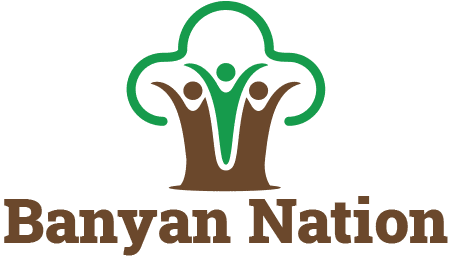
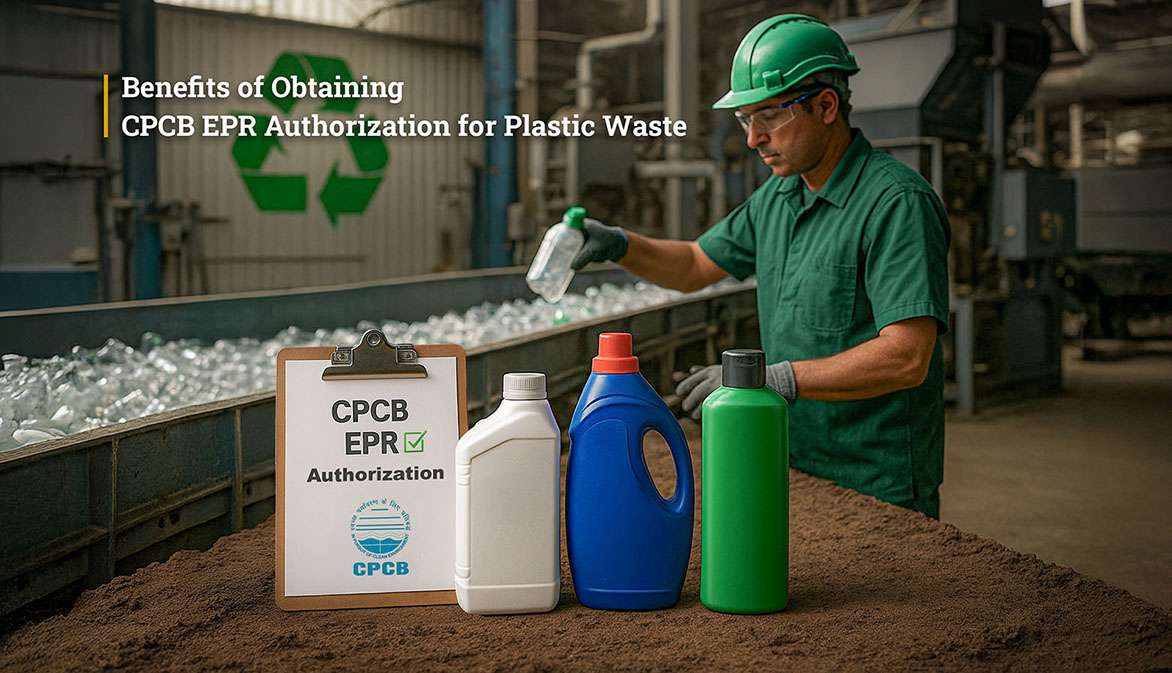
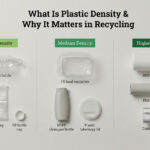 What Is Plastic Density & Why It Matters in Recycling
What Is Plastic Density & Why It Matters in Recycling How Waste Pickers Play a Crucial Role in Recycling
How Waste Pickers Play a Crucial Role in Recycling Why Burning Plastic Is Unsafe and Recycling Is the Better Solution
Why Burning Plastic Is Unsafe and Recycling Is the Better Solution Why “Design For Recycling” Matters for Companies
Why “Design For Recycling” Matters for Companies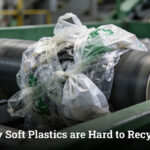 Why Soft Plastics Are Problematic & Hard to Recycle
Why Soft Plastics Are Problematic & Hard to Recycle